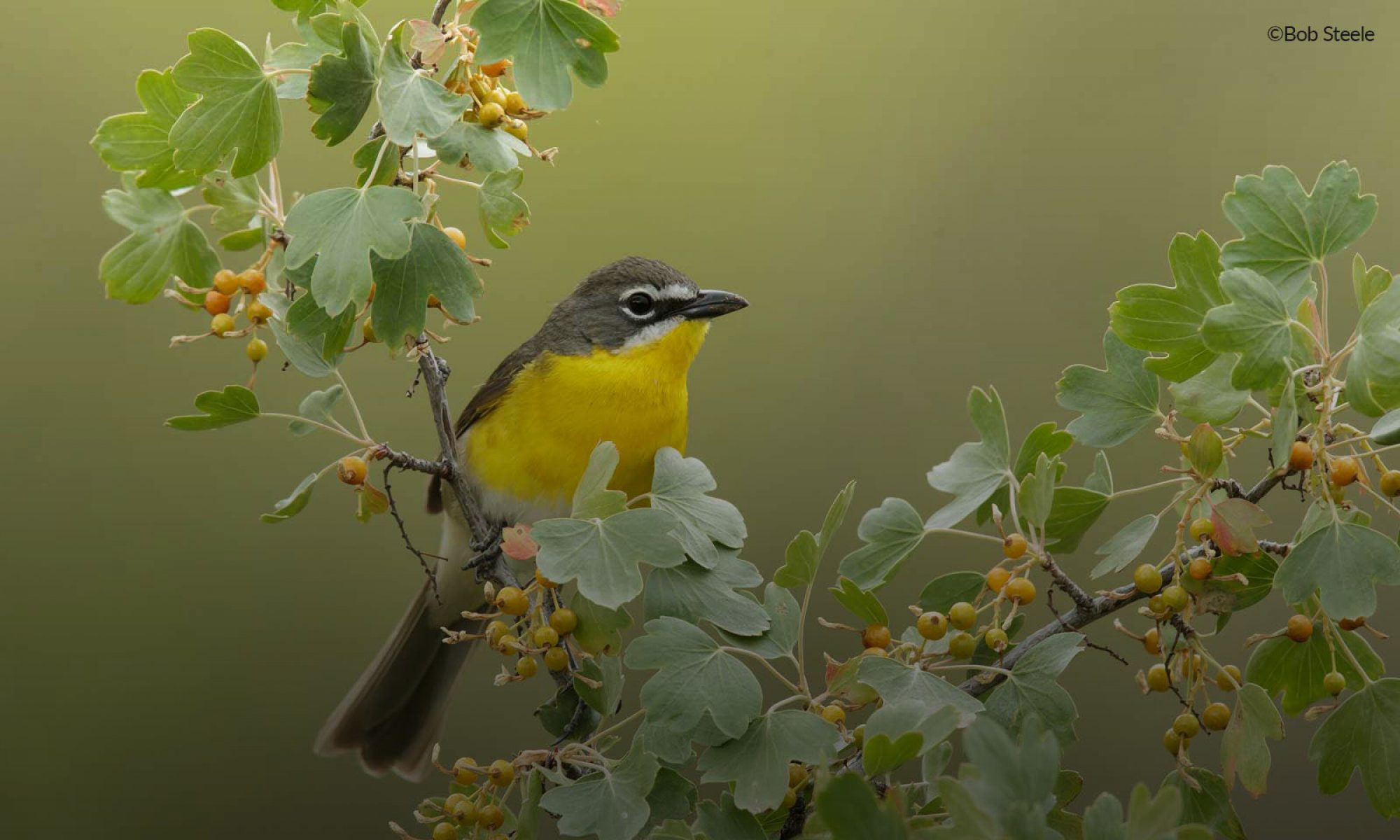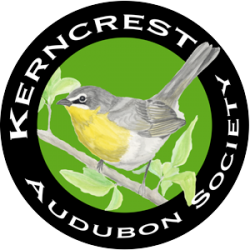October 12-13 and October 19-20
The Kern River Valley Heritage Foundation will be hosting 2 volunteer service weekends October 12-13 and October 19-20 (8:00am – 2:00pm) at Hanning Flat. We will be constructing 10 new artificial burrows for burrowing owls.

Over the past few years, volunteers have helped construct 15 burrows, some of which were used by the owls within days of their completion! This year we were rewarded with a mating pair of burrowing owls that stayed at Hanning Flat all winter and produced a family of seven owlets in May!
We are hoping that you will join us in October to help with this very successful project. Please bring a hat, gloves, water, lunch, a chair, and a shovel. Primitive camping will be available at Hanning Flat for those who may want to join us all weekend. There will be lunchtime presentations discussing the life cycle and habits of borrowing owls.
For more information, please contact Kathy Dwyer (todwyergm@gmail.com) or Reed Tollerfson (Reed.Tollefson@audubon.org)
Kern River Valley Heritage Foundation’s Hanning Flat Preserve is located on Sierra Way Highway, 9.7 miles east of Kernville and 3.5 miles west of the intersection with Hwy 178. Note: Sierra Way is currently closed at South Fork Kern River bridge. You must go through Lake Isabella around to Kernville.

From gate at Sierra Way, go north on dirt track 1.7 miles to water tank and spring where we will meet.



